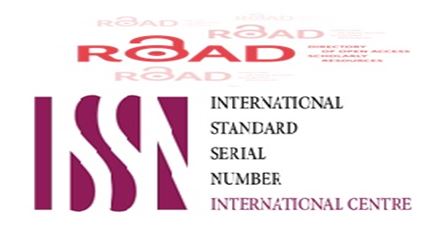Assessment of religious and spiritual beliefs dimension of life quality in a sample of fifth year medical college students of University of Baghdad
DOI:
https://doi.org/10.32007/jfacmedbagdad.524944Keywords:
WHOQOL-SRPB, Iraq, medical students.Abstract
Background: Although studies regarding the role of religious beliefs in psychological well being are relatively recent, the importance of people’s religiousness and spirituality for their health status has been widely acclaimed based on hundreds of published studies.
Patients and Methods: The Arabic Modified version of WHOQOL-SRPB (World health organization quality of life-spirituality, religiosity and personal belief) questionnaire was self
administered to a systematic random sample of 100 fifth year medical students.
Results: Around a quarter (21-28%) of subjects perceived religiousness as very to extremely important. This percentage raised to 38% for spirituality and further to 61% for personal believes. The mean score for the “death and dying” facet was the lowest of all facets. The rate of students being satisfied on the overall SRPB measure was high ranging between 85 to 90%.
Conclusion: It was concluded that the students sample showed high rate of satisfaction by their QOL-SRPB instrument. It is realized that these religious and spiritual beliefs contributed to a good response to quality of life as it was similar to another sample in a nearby stable country (Jordan).




















 Creative Commons Attribution 4.0 International license..
Creative Commons Attribution 4.0 International license..


